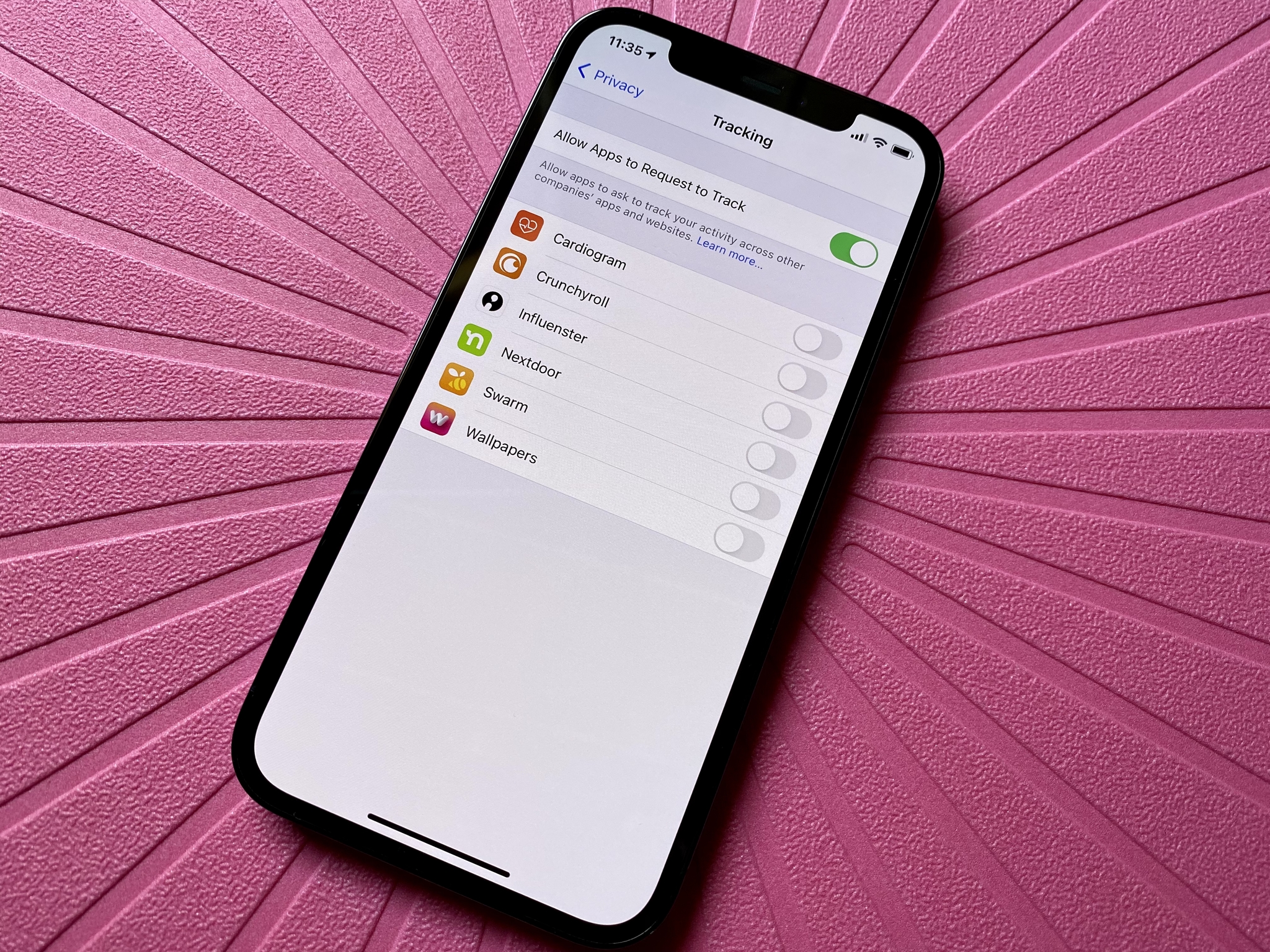Apple allowing 'much looser interpretation' of ad tracking policy, claims report

What you need to know
- Apple made privacy changes in iOS 14 that make iPhone users harder to track.
- It has had a big impact on the number of people opting in to targeted advertising.
- A new report claims Apple is letting companies like Facebook and Snap follow a "much looser interpretation" of the rules than first thought.
A new report says that Apple is letting companies like Facebook and Snap follow a "much looser interpretation" of its iOS 14 App Tracking Transparency feature.
According to the Financial Times:
Apple has allowed app developers to collect data from its 1bn iPhone users for targeted advertising, in an unacknowledged shift that lets companies follow a much looser interpretation of its controversial privacy policy.
Apple added App Tracking Transparency to iOS 14 in May, meaning users of all Apple's best iPhones have to opt-in if they want to submit to tracking using a unique IDFA identifier that can be used across different apps and services. The system was fundamental to the way Facebook advertised across its platforms and the company warned on multiple occasions the move would hurt small businesses.
Now, the FT reports that "companies including Snap and Facebook have been allowed to keep sharing user-level signals from iPhones, as long as that data is anonymized and aggregated rather than tied to specific user profiles" noting "Snap has told investors that it plans to share data from its 306m users — including those who ask Snap "not to track" — so advertisers can gain "a more complete, real-time view" on how ad campaigns are working. Any personally identifiable data will first be obfuscated and aggregated."
According to the report the companies have latched onto messaging from Apple which tells them they "may not derive data from a device for the purpose of uniquely identifying it", meaning they can use "signals" from an iPhone at a group level, targeting ads at groups of devices known as "cohorts" that exhibit certain behavior but can't be traced back to their associated IDs.
The report says that it is "unclear" whether Apple has "actually blessed these solutions" and said the company declined to answer any specific questions. FT states that "For anyone interpreting Apple's rules strictly, these solutions break the privacy rules set out to iOS users."
As FT notes a report in October emerging claiming Apple's ATT policy was "functionally useless" in stopping third-party tracking:
Master your iPhone in minutes
iMore offers spot-on advice and guidance from our team of experts, with decades of Apple device experience to lean on. Learn more with iMore!
Using the open source Lockdown Privacy app and manual testing, we found that App Tracking Transparency made no difference in the total number of active third-party trackers, and had a minimal impact on the total number of third-party tracking connection attempts. We further confirmed that detailed personal or device data was being sent to trackers in almost all cases. ATT was functionally useless in stopping third-party tracking, even when users explicitly choose "Ask App Not To Track".
The report says that some companies defended the "leak" of information such as IP addresses or location because many apps need this information to function before concluding:
The risk is that by allowing user-level data to be used by opaque third parties so long as they promise not to abuse it, Apple is in effect trusting the very same groups that chief executive Tim Cook has lambasted as "hucksters just looking to make a quick buck".Companies will pledge that they only look at user-level data once it has been anonymized, but without access to the data or algorithms working behind the scenes, users won't really know if their data privacy has been preserved, said Munchbach.

Stephen Warwick has written about Apple for five years at iMore and previously elsewhere. He covers all of iMore's latest breaking news regarding all of Apple's products and services, both hardware and software. Stephen has interviewed industry experts in a range of fields including finance, litigation, security, and more. He also specializes in curating and reviewing audio hardware and has experience beyond journalism in sound engineering, production, and design. Before becoming a writer Stephen studied Ancient History at University and also worked at Apple for more than two years. Stephen is also a host on the iMore show, a weekly podcast recorded live that discusses the latest in breaking Apple news, as well as featuring fun trivia about all things Apple. Follow him on Twitter @stephenwarwick9
